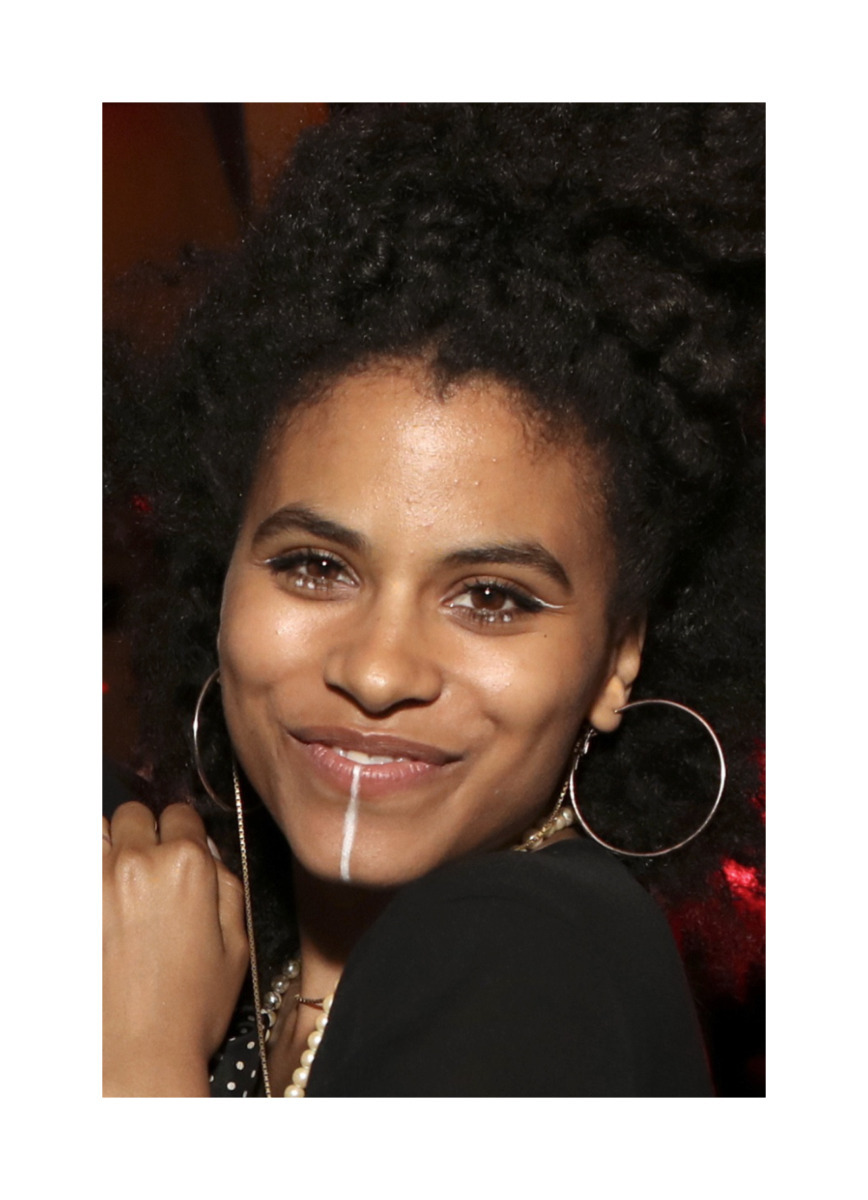In Zazie Beetz’s interview she opened up about experiencing imposter syndrome when she received an Emmy nomination as well as the struggle in an industry relying on outside validation. Courtesy of Stephanie Moreno
By Dinorah Prevost
The entertainment industry — music, film, television — is so fickle these days.
Thanks to social media, stars cycle through the phases of fame faster than ever. They’re plucked from obscurity one day, groomed overnight, thrown under an intense spotlight and then dumped the next day for a fresh face. And sometimes, we’re talking about teenagers, not the typical 20-somethings of decades past.
Of all the negatives that come with that sort of environment, ratcheting up someone’s anxiety is probably the most underestimated one. “Ugh, they’re famous. They made it. Isn’t this what they wanted? Why are they complaining?” I can hear the murmurs already.
But read through actress Zazie Beetz’s recent interview with the New York Times and it’s easy to see a celebrity’s struggle of being famous and anxious.
Beetz’s claim to fame was her role as Vanessa “Van” Keefer on TV series “Atlanta.” She’s been open about her anxiety, which she’s dealt with since her teen years, in past interviews. In March, she penned a first-person essay about it for Glamour magazine.
In another incredibly honest interview, it’s surprising to see that she needs little prompting from her interviewer, NYT editor Aisha Harris, to ramble on about her anxiety.
In the NYT and Glamour, Beetz, 27, admits to having panic attacks on set, leaving texts unresponded for days and not reading her books, all out of fear. Fear of what? Not being talented enough — being an imposter.
I’ll admit to dealing with the same issue.
Sometimes, I think I’m kidding myself by choosing journalism as my career when I often avoid tough situations and love observing people more than talking to them. It’s probably why I involve myself in all kinds of journalism every now and then to further convince myself that I’m not good enough and need to do something else.
Beetz told the NYT another part of her imposter syndrome is the worry of filling the “brown quota” when she’s casted for a role. Actors of color have long been underrepresented — or heavily typecast — in entertainment, but in recent years, criticism directed toward casting directors has finally caught up to this.
She shows a level of realness that entertainers rarely publicly show. Beetz even says she’s not sure about being so honest in the interview.
Many of us only get to know celebrities through social media or interviews, and that breeds the idea that they are happy and living their best lives all the time. But between one post last night and another this morning, life, exciting or boring, happened. And Beetz doesn’t hold back about the anxiety that she struggles with, but people may not see.
She effectively confirms this: Celebrities don’t leave their anxiety behind once they achieve success.
In fact, they experience the same issues us normal folk do, but from behind a mask that’s supposed to make them happy and grateful.
Besides celebrities, so many regular people publicly give off the “I’m well adjusted, productive and happy” impression, yet are privately paralyzed by anxiety and fear. I know I do.
So cut yourself and your favorite celebrity some slack, leave the facade behind and speak your anxious truth. You may be surprised how many people can relate.



